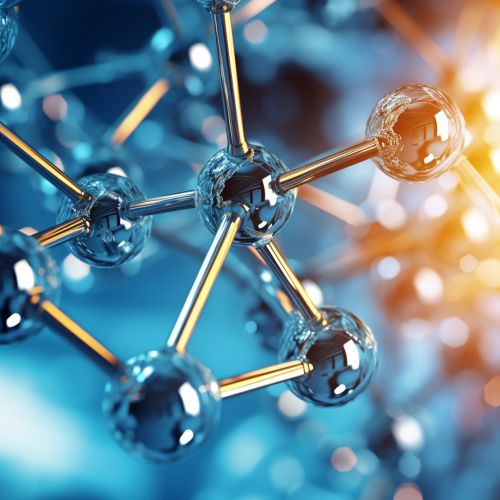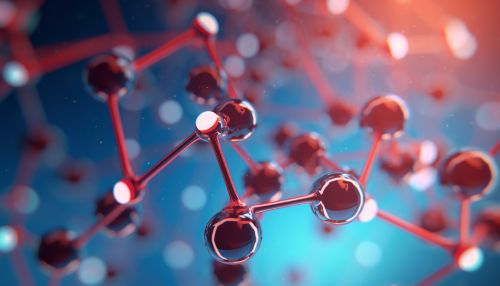Testosterone
Introduction
Testosterone is a primary male sex hormone and an anabolic steroid. In male humans, testosterone plays a key role in the development of male reproductive tissues such as the testes and prostate, as well as promoting secondary sexual characteristics such as increased muscle and bone mass, and the growth of body hair. In addition, testosterone is involved in health and well-being, and the prevention of osteoporosis.


Biological Function
Sexual Differentiation
Testosterone is significantly involved in the process of sexual differentiation. This usually occurs in the second trimester, and by the end of the second trimester, the male fetal brain is masculinized.
Puberty
During puberty, testosterone is responsible for the maturation of the male sex organs and the development of secondary sex characteristics such as facial hair and a deepened voice.
Adulthood
In adults, testosterone has effects across the body. Muscles increase in size and strength, fat distribution changes, and bone density increases.
Biochemistry
Testosterone is a steroid from the androstane class containing a keto and hydroxyl groups at the three and seventeen positions respectively.
Production and Secretion
Testosterone is produced primarily in the testicles in men and in the ovaries in women. A small amount is also produced by the adrenal glands.
Role in Males
In males, testosterone stimulates sperm production and affects the development of physical characteristics such as muscle mass and strength, body hair growth, bone density, and mood.
Role in Females
In females, testosterone is produced in smaller amounts and is primarily used for bone strength and the development of lean muscle mass.
Health Effects
Low Levels
Low levels of testosterone can lead to changes in sexual function, changes in sleep patterns, physical changes, and emotional changes.
High Levels
High levels of testosterone can lead to infertility and obesity in men, and hirsutism, infertility, and acne in women.
